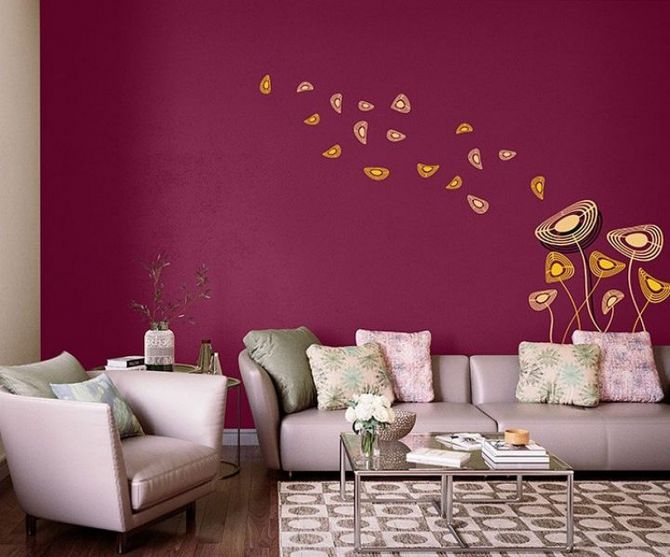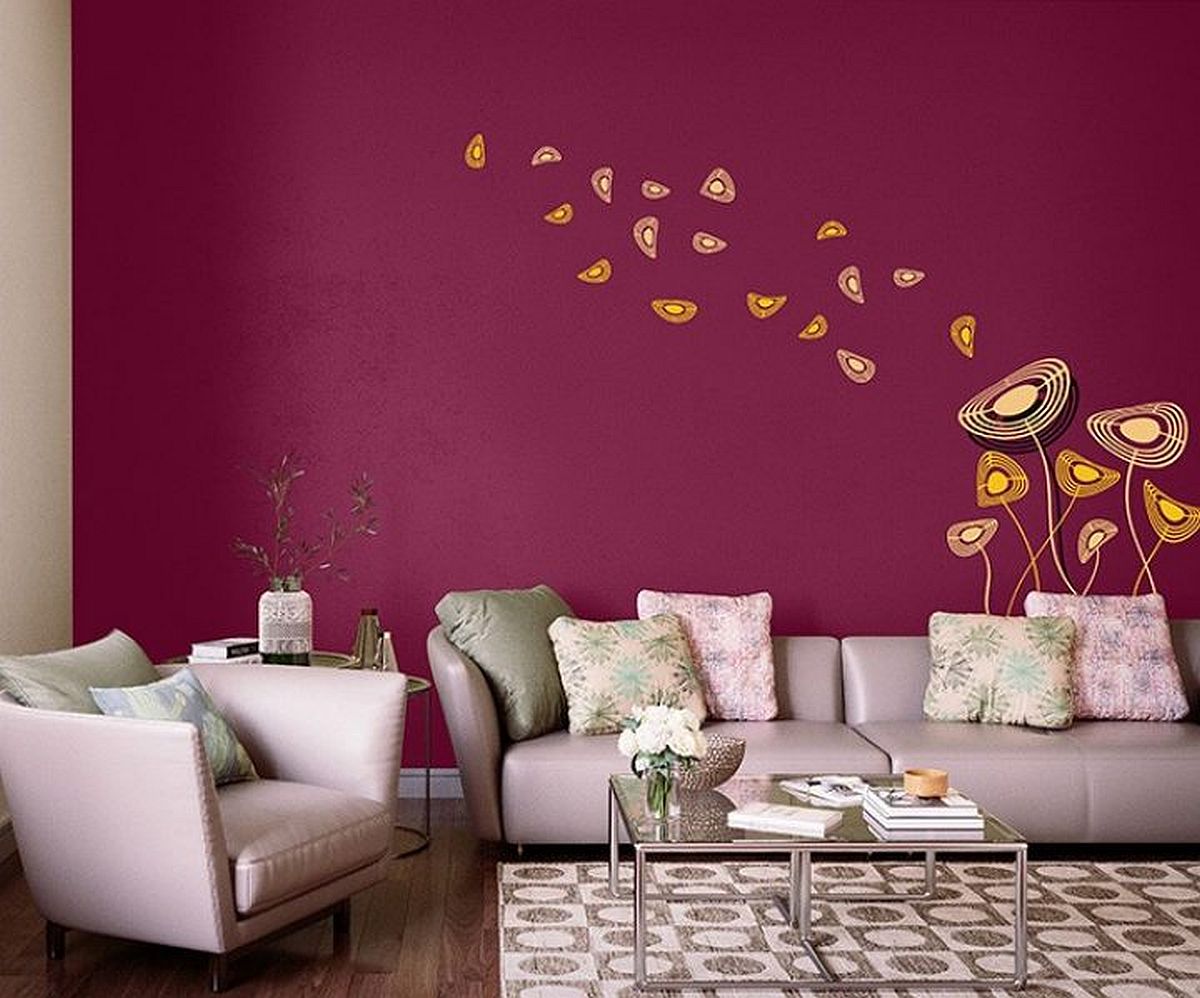India’s fair trade regulator Competition Commission of India (CCI) has launched a formal investigation against India’s biggest paints firm, Asian Paints, for alleged abuse of its dominant position in the organised decorative paints market, following a complaint by Aditya Birla group’s Grasim Industries’ Birla Opus Paints division.

Photograph: Courtesy, Asian Paints
In a 16-page order issued on Tuesday, the CCI said it found prima facie evidence that Asian Paints may have violated Sections 4(2)(a)(i), 4(2)(c), and 4(2)(d) of the Competition Act, including unfair trade practices, denial of market access, and imposition of supplementary obligations on dealers.
“The Commission, in terms of the provisions contained in Section 26(1) of the Act, directs the Director General to investigate the matter and submit a report within a period of 90 days of the receipt of the present order.
“At this prima facie stage, the regulator, in light of the material available on record, finds no reason to hear the opposing party before passing the present order,” the order said, adding that its order should not be construed as a final finding on the matter.
In a statement to the stock exchanges, Asian Paints said, “The company is currently reviewing the order and will take appropriate legal recourse.
“The company remains committed to fully cooperating with the CCI during the course of the investigation.”
Grasim, a recent entrant into the decorative paints sector under the Birla Opus Paints brand, accused Asian Paints of stifling competition by forcing dealers to avoid stocking Birla Opus products under the threat of reduced credit, benefits, or support, pressuring partners to return Grasim’s tinting machines and blocking access to key suppliers, transporters, and warehouse facilities.
Grasim has already cornered a 10 per cent revenue market share in FY25 – making it a serious player in the market.
Grasim also alleged that Asian Paints offered arbitrary incentives like foreign trips and rebates to secure exclusivity from dealers without linking these to performance.
In its preliminary response, Asian Paints contended that India’s decorative paints industry is highly competitive with multiple national and regional players and low entry barriers.
It pointed out that Grasim itself has rapidly scaled up operations, reaching a revenue of Rs 2,600–2,700 crore and becoming India’s third-largest player within a year of launch.
Asian Paints further argued that over 50,000 dealers and an equal number of tinting machines have already been onboarded by Grasim, challenging the claim of entry barriers.
Despite Asian Paints’ claims, the Commission found that the company’s above 50 per cent market share, expansive dealer network (over 74,000 dealers), and influence over suppliers and intermediaries gave it a dominant position in the “market for manufacture and sale of decorative paints in the organised sector in India.”
The CCI noted that practices like coercive dealer management and input foreclosure against competitors could hinder innovation and consumer choice.
A dealer survey and affidavits submitted by Grasim supported the allegations of unfair practices, the regulator noted.




